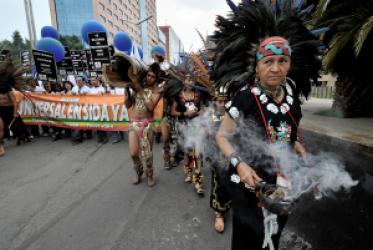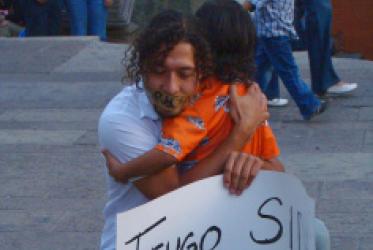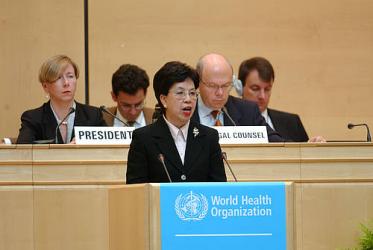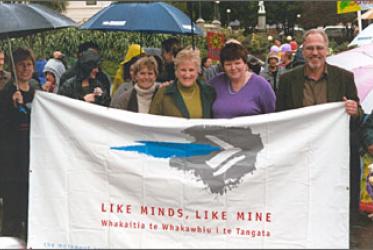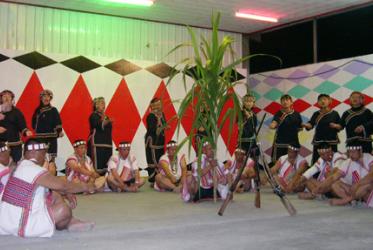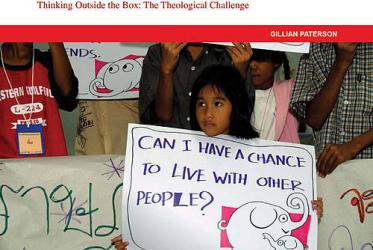Displaying 1081 - 1100 of 1169
13 October 2008
WCC executive committee meets and approves budget and statements
30 September 2008
Global campaign to promote "HIV-competent" churches
06 August 2008
WCC calls for UN fact finding mission to Papua
17 March 2008
HIV/AIDS: "We can't be silent"
19 February 2008
Ceremony at Bossey
18 February 2008
Reparation needed to address transatlantic slave trade
17 December 2007
Ecumenical conference to tackle racist patterns left by slave trade
06 December 2007
New WCC focus on mental health
26 January 2007
World AIDS Day 1 December 2006
23 November 2006
Archbishop calls for key church role in global AIDS fund
31 August 2006
WCC health periodical focuses on HIV prevention
08 August 2006
